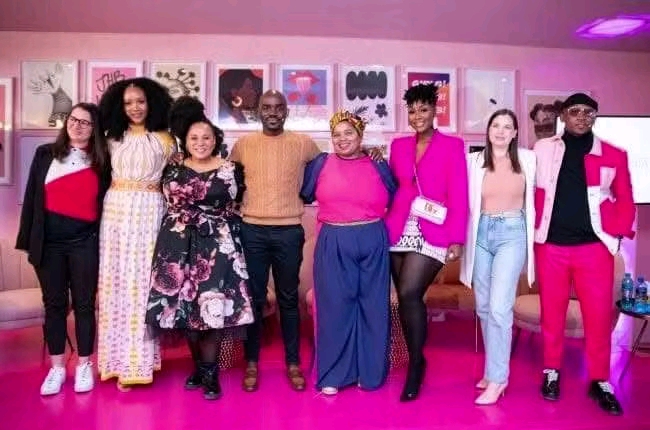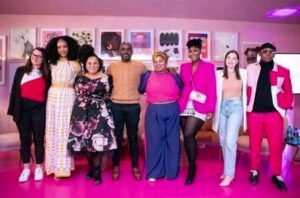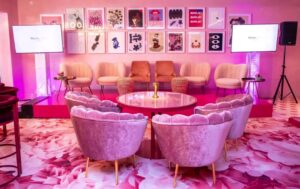
In August 2023, the popular alcohol brand Brutal Fruit Spritzer introduced a groundbreaking concept in the South African nightlife scene — a women-only bar named SheBeen. Located at RockerFella in Soweto, the bar was designed to be more than just a social venue. It was envisioned as a safe, vibrant space where women could freely enjoy themselves, celebrate their individuality, and embrace authenticity without the pressures and challenges often experienced in mixed-gender nightlife environments.

Despite its bold vision and enthusiastic launch, SheBeen closed its doors less than a year later due to poor sales and a lack of consistent customer support. The closure has sparked discussions around the viability of women-only spaces in South Africa’s nightlife industry and what the outcome means for similar initiatives.
A Unique Concept with a Powerful Message
Brutal Fruit Spritzer’s creation of SheBeen was rooted in empowerment and inclusivity. The name itself was a clever play on words — combining “she” with “shebeen,” the colloquial term for a bar or tavern in township culture. The aim was to blend cultural familiarity with a modern and progressive twist.

The bar offered not only drinks but also an atmosphere that promoted self-expression and female solidarity. Events, music, and décor were curated to celebrate femininity and create a welcoming environment where women could feel both safe and celebrated. At the launch, the brand emphasized that the venue was intended to challenge traditional norms in nightlife spaces, which often fail to prioritize women’s comfort and safety.
Struggles with Sustainability
Despite the positive intentions, SheBeen faced challenges from the outset. Foot traffic was lower than expected, and sales did not meet projections. While the concept initially attracted curiosity and media attention, sustaining regular patronage proved difficult.


One of the main issues was accessibility. Located within an already competitive nightlife hub, the bar struggled to differentiate itself beyond its unique women-only identity. Additionally, some critics argued that the exclusivity of the venue may have limited its customer base, preventing it from achieving the financial stability necessary for long-term survival.
Mixed Reactions from the Public
The closure of SheBeen has sparked mixed reactions online and within the local community. Some applauded Brutal Fruit Spritzer for attempting to carve out a safe space for women, praising the initiative for its creativity and boldness. Others, however, felt the bar’s downfall highlighted a disconnect between branding concepts and consumer demand.
Social media commentary reflected both disappointment and pragmatism. While many lamented the loss of what could have been a revolutionary social space, others argued that nightlife venues require broader appeal to remain financially sustainable.
Lessons for the Future
The story of SheBeen serves as a valuable case study for brands and entrepreneurs. While the idea of women-only spaces remains relevant — especially in a society grappling with gender-based violence and safety concerns — commercial success depends on striking the right balance between inclusivity, accessibility, and economic viability.
Brutal Fruit Spritzer has not ruled out future projects aimed at celebrating women, but the closure of SheBeen underscores the challenges of aligning a noble vision with market realities.




